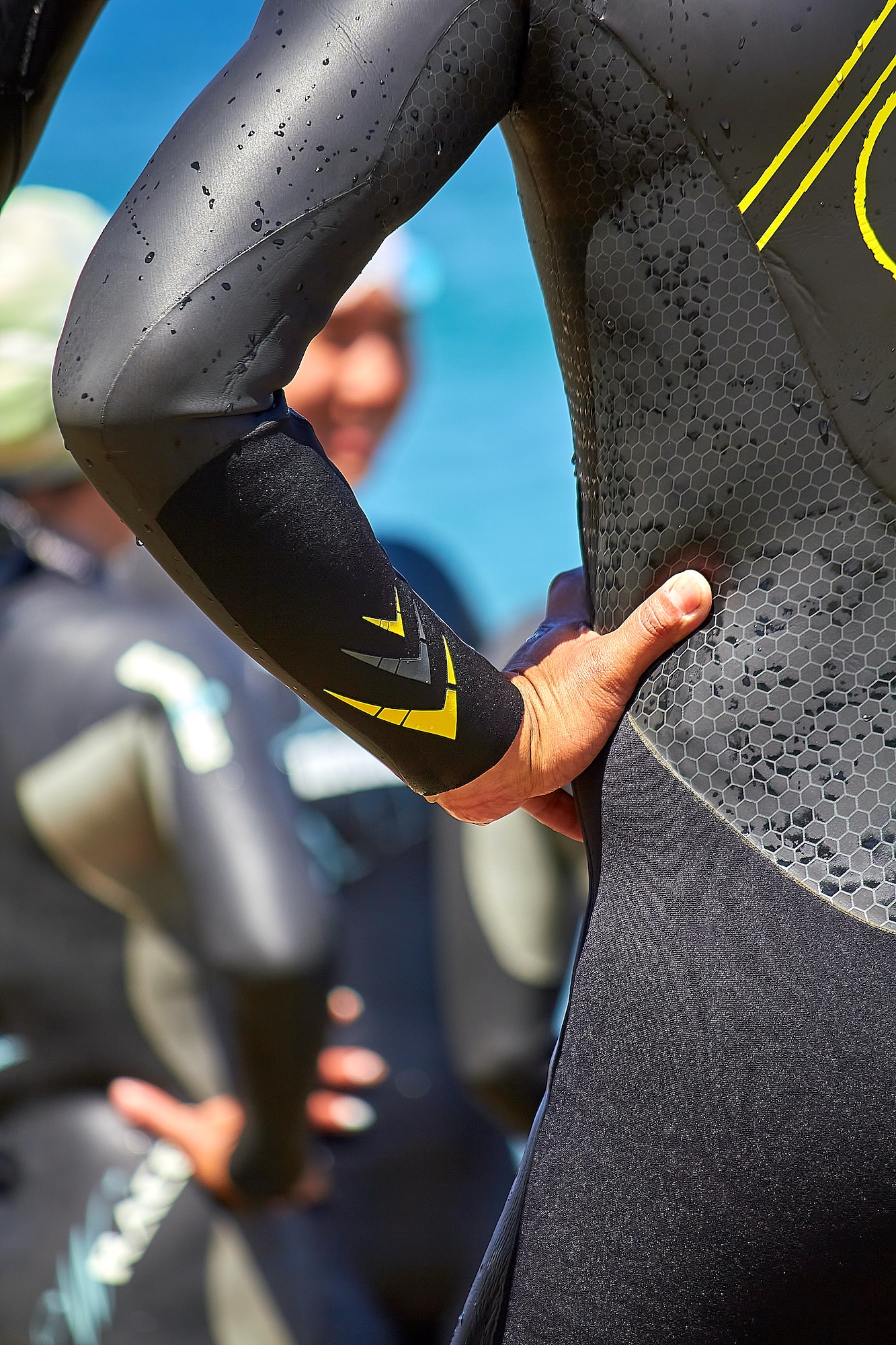A new study shows that triathletes with a lot of a certain good bacteria or microbiome finish faster and better at Ironman
Photos by Getty Images and Óscar Salgado/Unsplash
Athletes already know that what they put inside their bodies matters a lot when it comes to athletic performance. Decades of study in nutrition have already taught us the basics for a good foundation in winning.
What athletes may not all know is that what we consume is important for another reason: the microbiome, what’s in it, and our own personal versions of it. The microbiome refers to the slate of microorganisms and bacteria (both good and bad) that are present in our body through our digestive tract. The latest development is that not only can the good bacteria regulate your digestion and overall health, but it seems to be playing a big part in athletic performance as well.
You probably already know that good bacteria exists; you’ve seen a Yakult commercial. Your initial idea of it may be that it helps you digest your food properly and in a timely manner, and then you likely know that it can dictate how well (or ill) you feel.
Research has found that elite athletes have different microbiome makeups than non-athletes, or even more casual athletes, and these seem to allow them to boost exercise capacity and metabolism
But what many don’t readily know is that microorganisms also affect how you perform in your chosen sport or exercise. Research has found that elite athletes have different microbiome makeups than non-athletes, or even more casual athletes, and these seem to allow them to boost exercise capacity and metabolism.
This all leads us to the recently published study in the Journal of Applied Physiology. The research, which came out just in June, sampled the microbiomes of 12 triathletes who competed at the 2021 Ironman Indiana.
They analyzed their microbiomes and whether they were distinct among athletes who had different training regimens and histories, and whether that played a part in their finish times.

The results were interesting and definitely useful to any athlete, especially endurance athletes. They found that the athletes who had trained for the longest time heading into the event had the most number of bacteria that helped with carbohydrate metabolism—A. muciniphila and M. smithii.
And not only did these make them healthier, but they finished faster, too. Even the athletes who didn’t finish as fast had higher-than-normal levels of these bacteria, owing to the hard training they go through.
So if you needed another sign to stop eating the bad stuff, this is it, and this may be the best sign because it shows how bad foods are directly related to athletic performance
So, you may be asking: What does this all mean now for an athlete like yourself?
First, the most important thing—what you eat matters. If you’re a serious athlete, maybe even a professional one, you can’t eat junk and expect to perform at your best unless you’re a genetic unicorn, really young, or both. But it’s also in what you’re not eating, too, as you may eat clean and still be missing out on the type of good bacteria you need. Antibiotics also kill good bacteria along with the bad, so be wary of these when you get sick.
Second, and the key takeaway from this study—training and working out isn’t just exercising your cardiovascular and energy systems, but it’s also changing how your microbiome is made up. The more you stay on a structured plan, the more your microbiome keeps you performing at your best.
So if you needed another sign to stop eating the bad stuff, this is it, and this may be the best sign because it shows how bad foods are directly related to athletic performance. Just think about the science the next time you order fast food while you’re in the middle of prepping for a big event.

